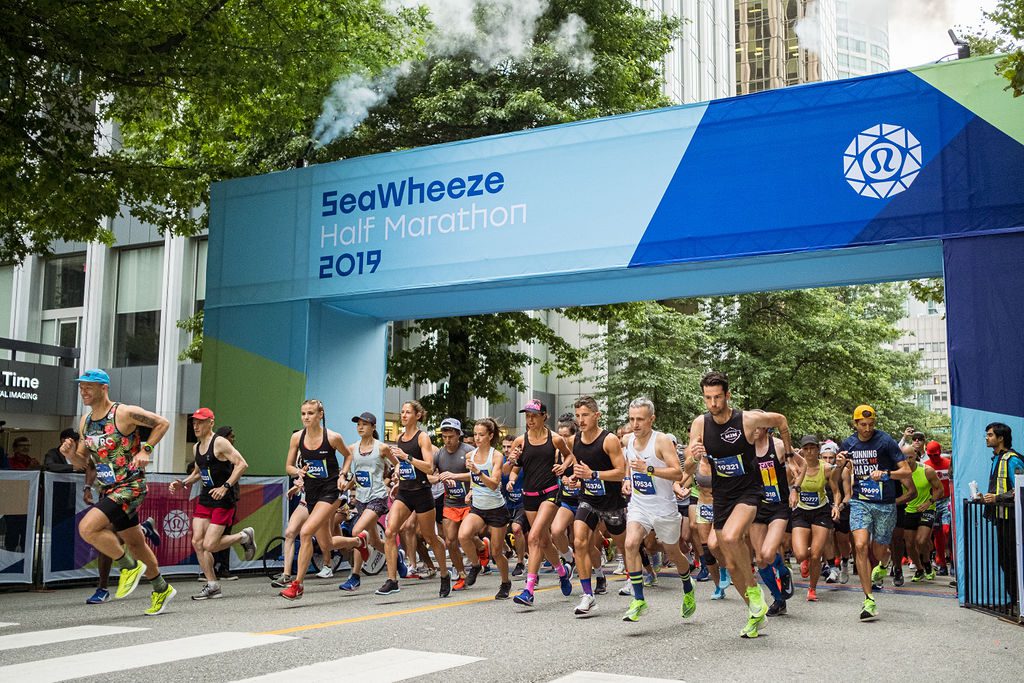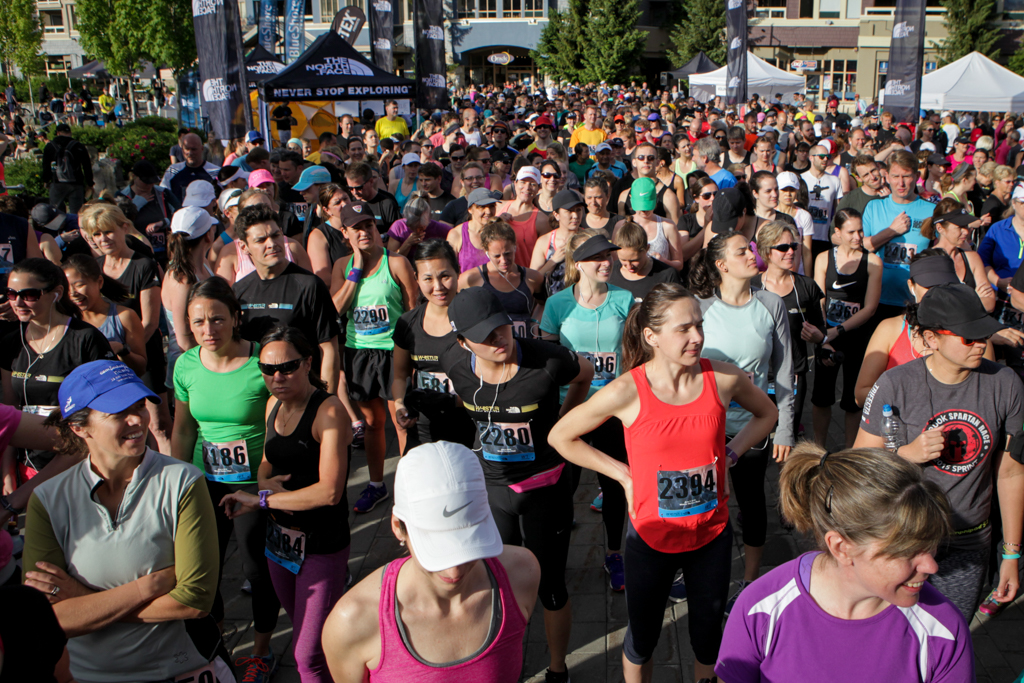5 tips for successful half-marathon training
Follow this advice to run your best half yet

The half-marathon might just be the best distance race out there. It’s long, but still accessible for most runners, and short enough that you can still attack it with a bit of speed. It doesn’t require as much training time as the marathon, but is still a formidable challenge that will leave you with a deep sense of accomplishment at the end. Whether you’re training for your first half-marathon this spring or you’re a veteran at the distance, keep these five training tips in mind to run your best half yet.

Don’t rush
The half-marathon may not require the same amount of training as a marathon, but you should still be careful not to underestimate it and try to cram your training into only a few weeks. If it’s your first time tackling the 21.1 km distance, you should give yourself about 10 weeks to fully prepare, with five or six weeks of solid base training before that.
If you’re not new to half-marathons and you’ve been running regularly for several years, you may be able to shorten your training to eight weeks, but anything shorter than that and you might be disappointed with your performance. Shortening your training block may also cause you to try to ramp up your mileage and intensity too quickly, which could leave you injured before you even reach the start line.
Focus on the long run

The long run is the most important part of training for beginners, since endurance is the top limiting factor for new runners. Even if you’re not a beginner, long runs are crucial for building up your strength and endurance so you can complete longer, harder workouts and maintain faster paces for longer periods of time.
To ensure you can run the full distance comfortably, your longest run should be at least 18K. Advanced runners will likely run more than the half-marathon distance multiple times during their training, but this isn’t necessary for a beginner.
Whether you’re a beginner or not, you shouldn’t jump into doing your longest runs right away. Start by adding two kilometres to your long run distance each week, with a recovery week every four to six weeks, when you cut the distance to give your body a break.
Tempo runs are key

When you start training for a half-marathon, it’s time to swap some of the short interval sessions you were doing for your 5K and 10K training for long, even-paced tempo runs. These runs should be completed at approximately your 10K pace (or a pace that you can hold for about an hour) to teach your body how to efficiently clear lactate so you can run faster for longer periods of time. Regular tempo runs throughout your half-marathon training will ensure you can run strong to the finish line on race day.
Add some race-pace work
As you get closer to race day, you should practice running at your goal race pace so you know what it feels like. This will help prevent you from going too fast at the beginning of the race and burning out in the middle, or going out too slow and not being able to make up the time in the second half.
In the last month of your training, do a few longer tempos at half-marathon pace, or, if you’re a more experienced runner, finish the last five to eight kilometres of your long run at your goal pace to practice running that speed on tired legs. This will make sure that come race day, your goal pace is familiar and comfortable.
Nail your nutrition

Some will argue that you don’t need mid-race nutrition in a half-marathon, but research shows that if you’re running for longer than 75 minutes, taking in some carbohydrate mid-run will improve your performance. So, if your goal time is longer than 75 minutes (which is likely for the majority of runners), you should practice taking in some carbohydrate during your long runs to avoid stomach upset on race day. Most experts suggest taking in around 30g of carbohydrates per hour for race durations up to two hours, and 60-75 g per hour for races lasting longer than two hours.
If you’re new to half-marathon training or you’re looking to improve but are still not sure where to start, consider hiring a coach who can guide you to your best half yet.


